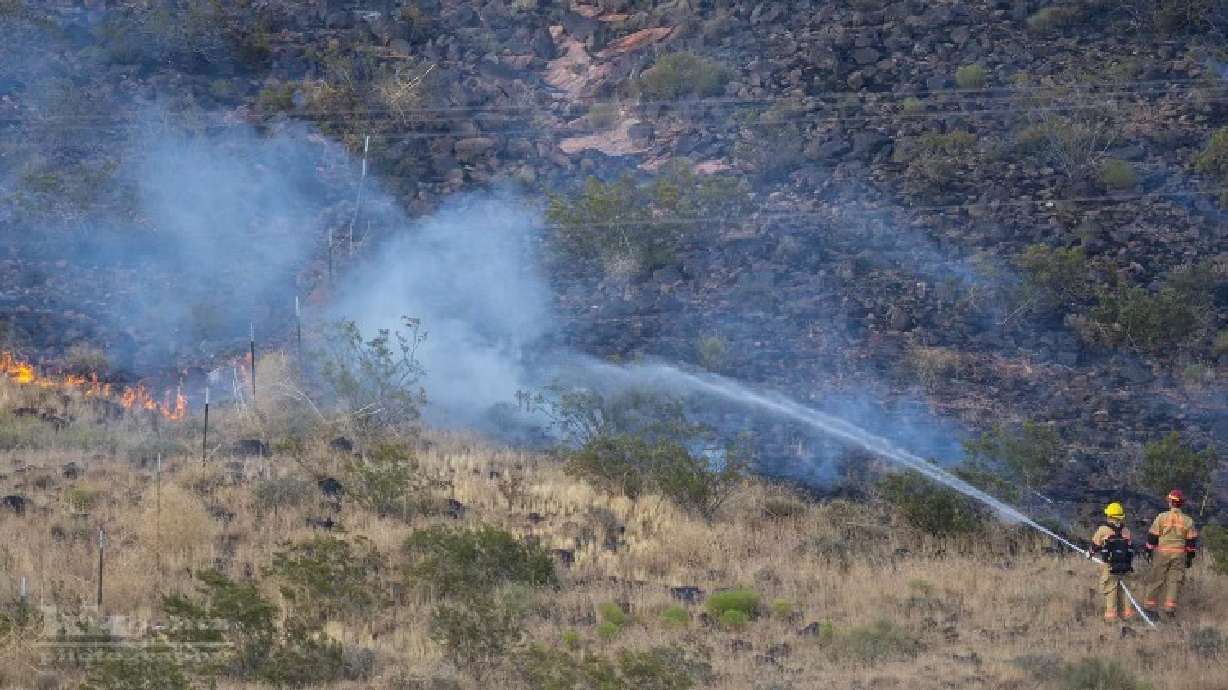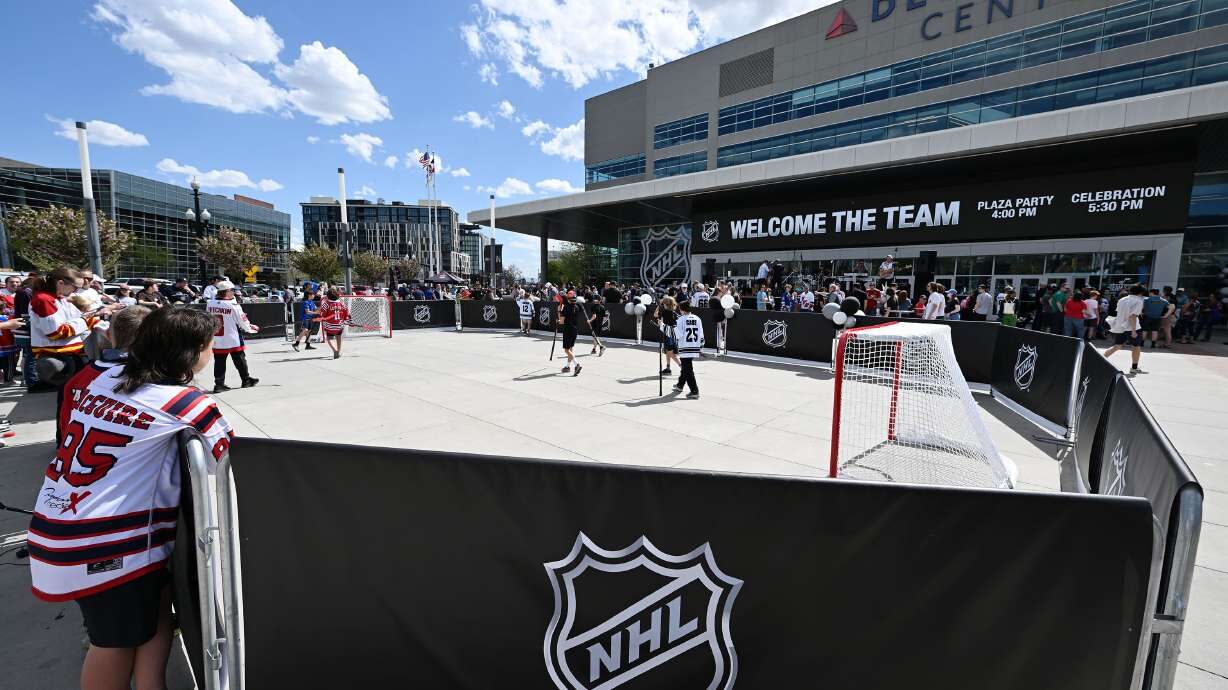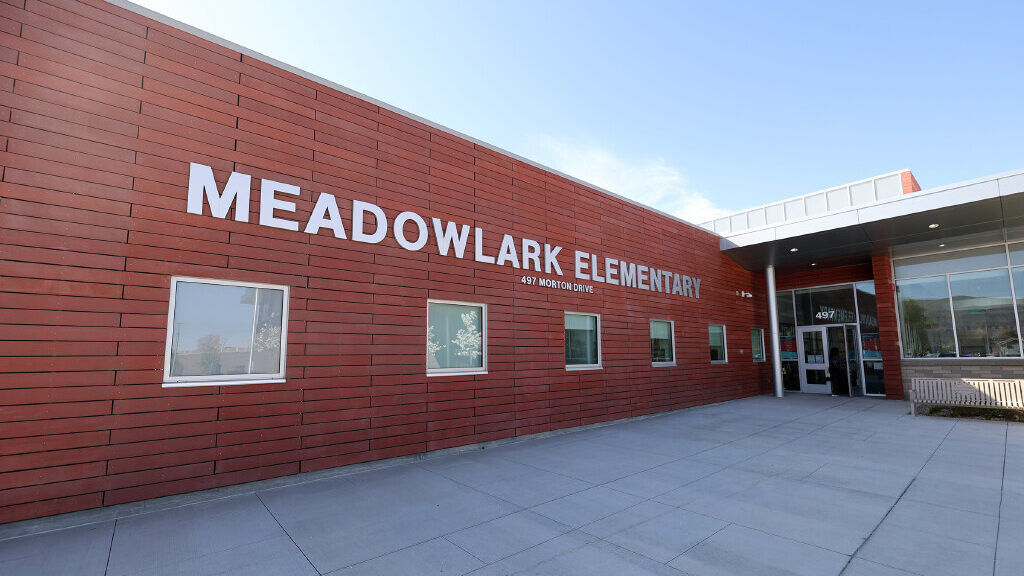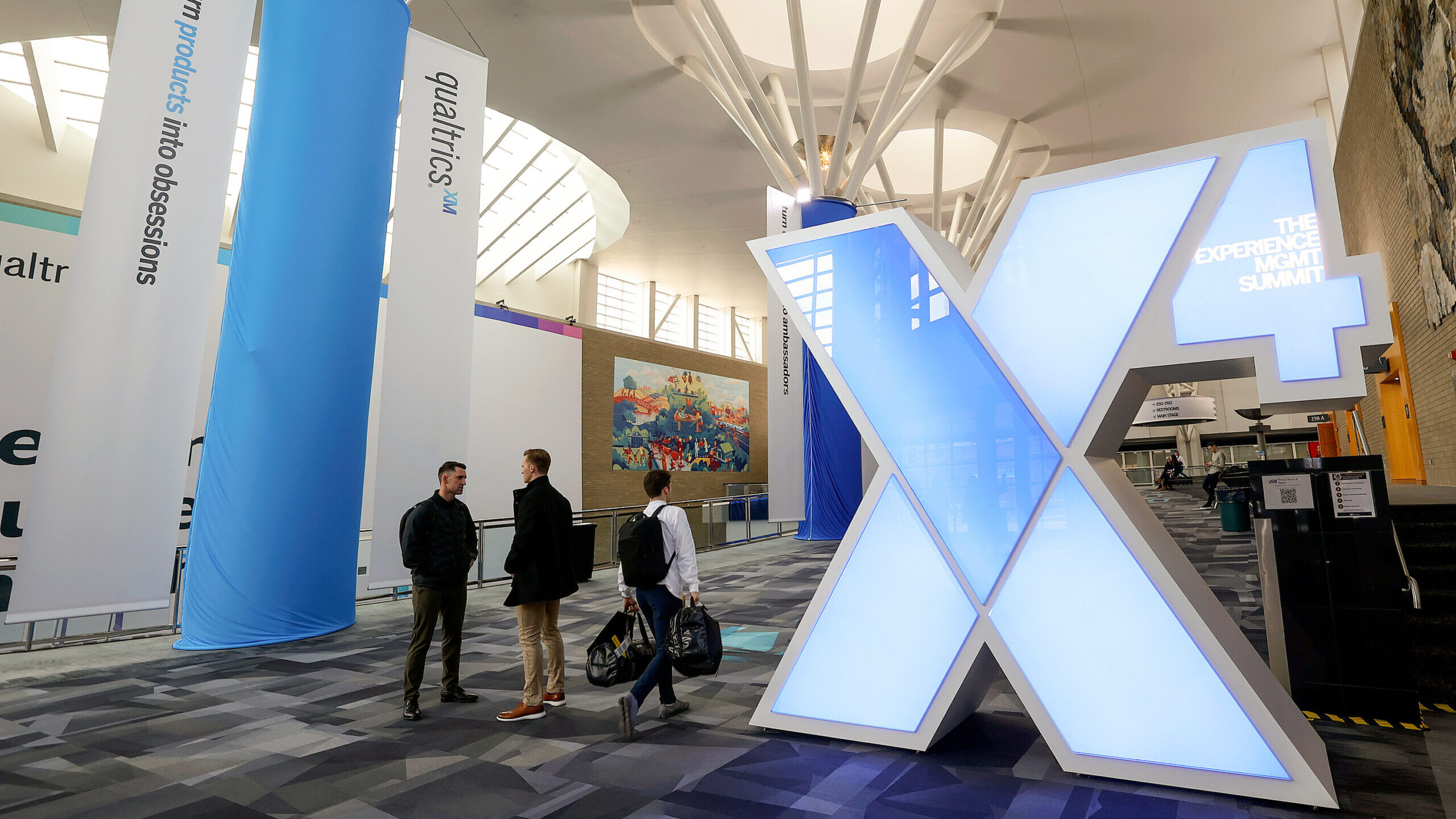Insurance companies eyeing climate change when considering risks, costs
Jul 11, 2023, 6:00 AM

(TW Peterson)
(TW Peterson)
SALT LAKE CITY — Climate change has been so politicized as a topic. Even meteorologists have recommended calling it “extreme weather” instead of climate change to try to avoid politics. But for insurance companies, climate change is not political.
“When you’re talking about insurance, and especially when you’re getting into homeowners insurance, insurance companies have to think about all risks,” said Jon Pike, commissioner of the Utah Insurance Department. “Wildfires, earthquakes and floods, they could all be affected by weather patterns.”
Pike is familiar with the challenges of word choice.
“Whether it’s climate change, trends in climate or whether it’s cyclical, it’s up to the insurance companies to determine what they should look at.”
It’s a business decision
Insurance companies look at climate change as part of a business decision. Can we afford to cover homes in this area?
“Some large carriers in California, like Allstate and State Farm, have said, ‘We’re going to keep the business we have, but we’re not going to write new homeowners insurance policies’,” Pike explained.
Insurance companies have to consider all the risks before they decide whether to write a policy.
Have any companies pulled out of Utah?
“Not yet,” Pike answered. “I will say there are a few that are having some similar concerns.”
The insurance companies that have expressed concerns have said something like, “Well, we may not write new business in Summit County, for example.”
Pike can’t point to a specific insurance company that might pull out of Utah because “it’s still developing, but you can see why there are some concerns.”
A company may decide that its market share is a little too high in a wildfire area.
“[The company might say] ‘Nothing against Utah. Nothing against a particular county, but maybe we should pull back a little bit’,” Pike said.
All in all, the commissioner was clear.
“Right now, we don’t have a problem that I’m aware of anywhere in Utah where we can’t get homeowners insurance and at competitive prices.”
It’s a team effort
When an insurance company looks at insuring homes and businesses in an area, it doesn’t just look at the climate-related risks, like wildfire. It looks at what the state and community are doing to mitigate those risks.
Public policy matters.
“I’m pleased that the legislature has been looking into these issues for the last several years, actually,” Pike explained.
Legislators are talking with the Department of Natural Resources, with fire chiefs, with the leaders of cities and counties, to find out what we should be learning more about and what mitigation efforts we should be taking.
One example of this is prescribed burning. Several counties in Utah conducted controlled burns this year as a tool to reduce hazardous fuels, which can lead to more wildfires.
“We love to be able to point (insurance companies) to that kind of efforts to say, ‘See what we’re doing in our state and these counties. See the kinds of efforts to be proactive and preventive in terms of wildfire’,” Pike elaborated.
“One size misfits all”
Regulating insurance is up to the states.
“I believe there is good reason for that,” Pike said. “There is a quote used in local government — one size misfits all.”
Pike attributed that quote to Cameron Diehl, Executive Director of the Utah League of Cities and Towns.
“The risks Utah might have are very different from the risks of New York or California, Idaho, or Puerto Rico.”













